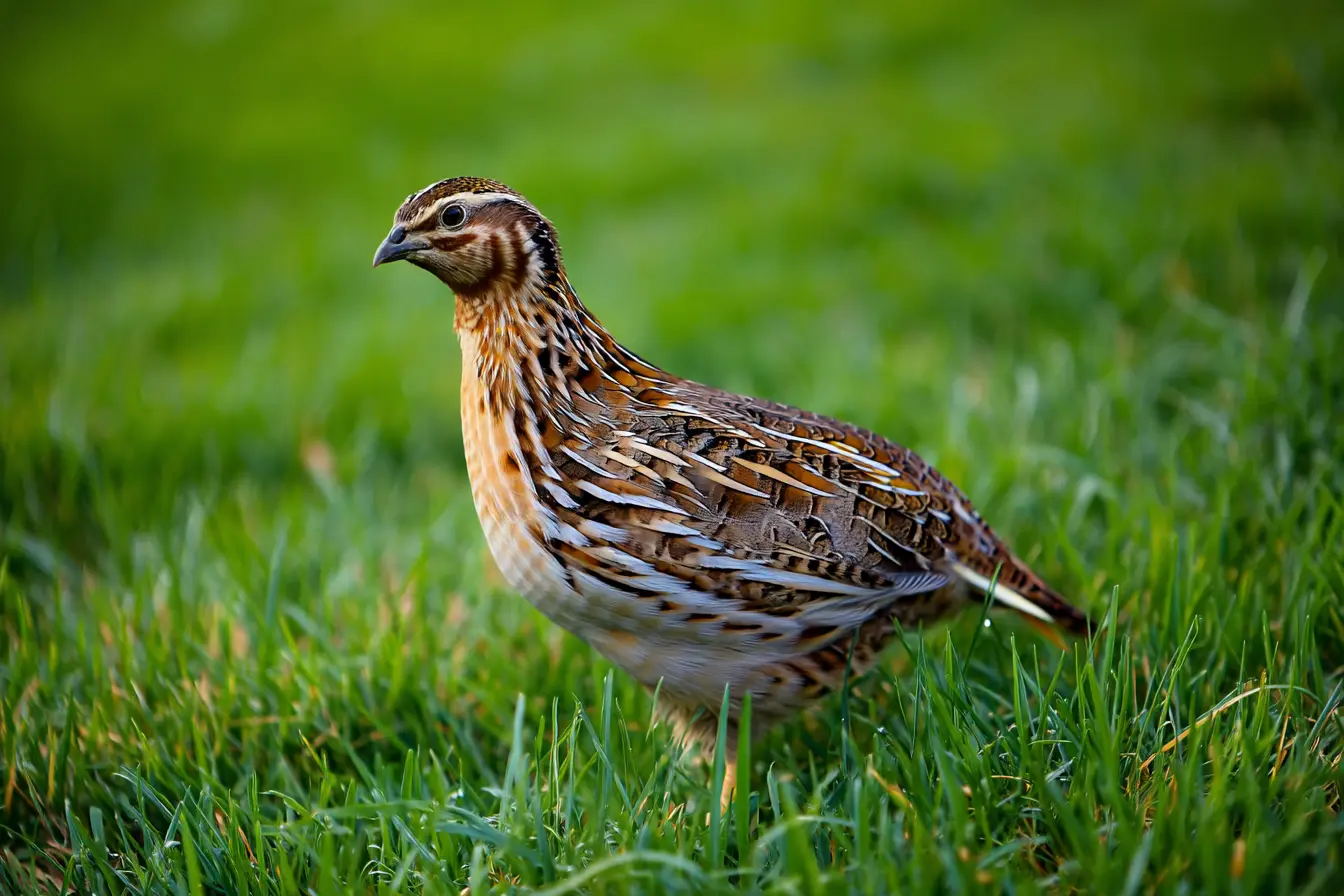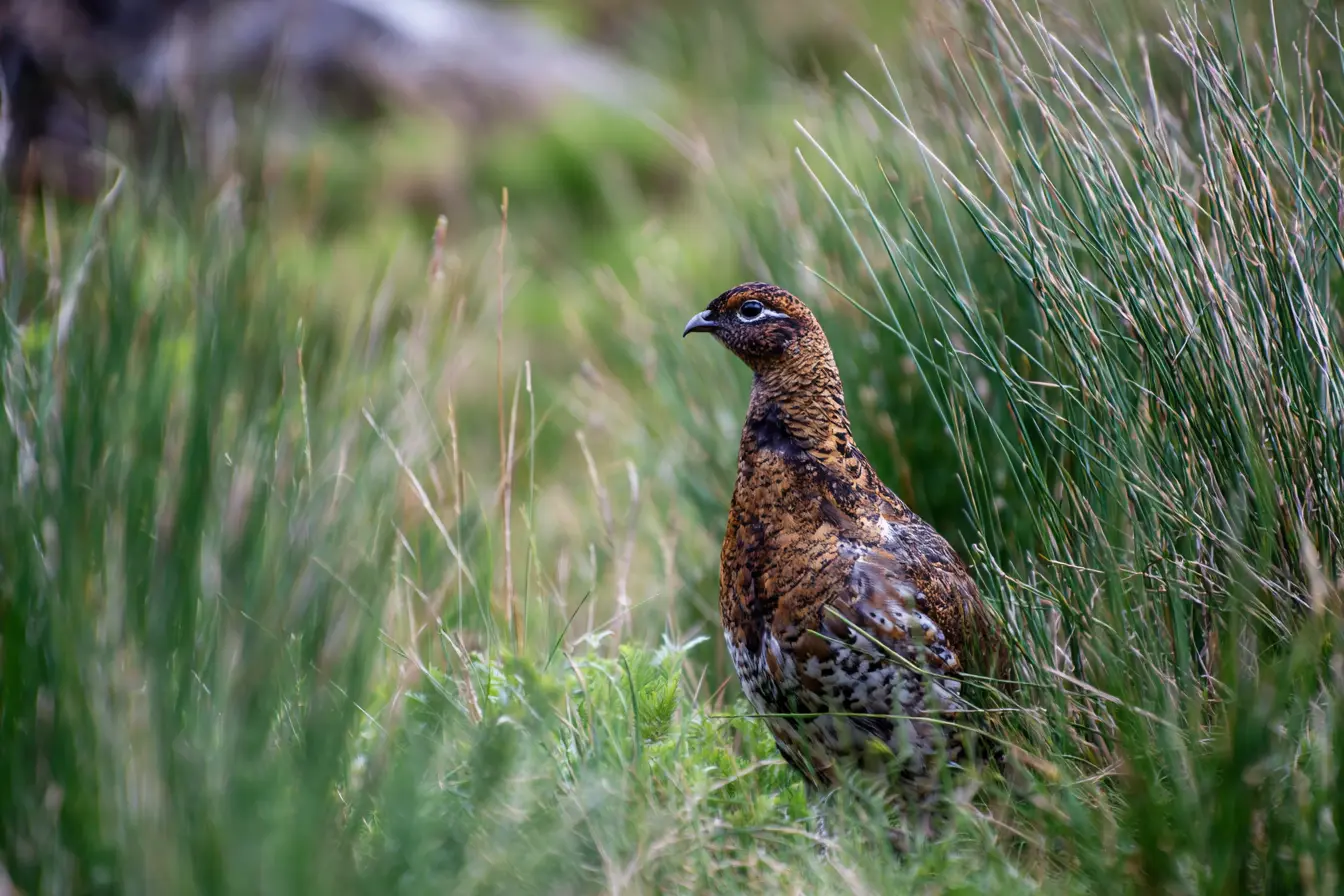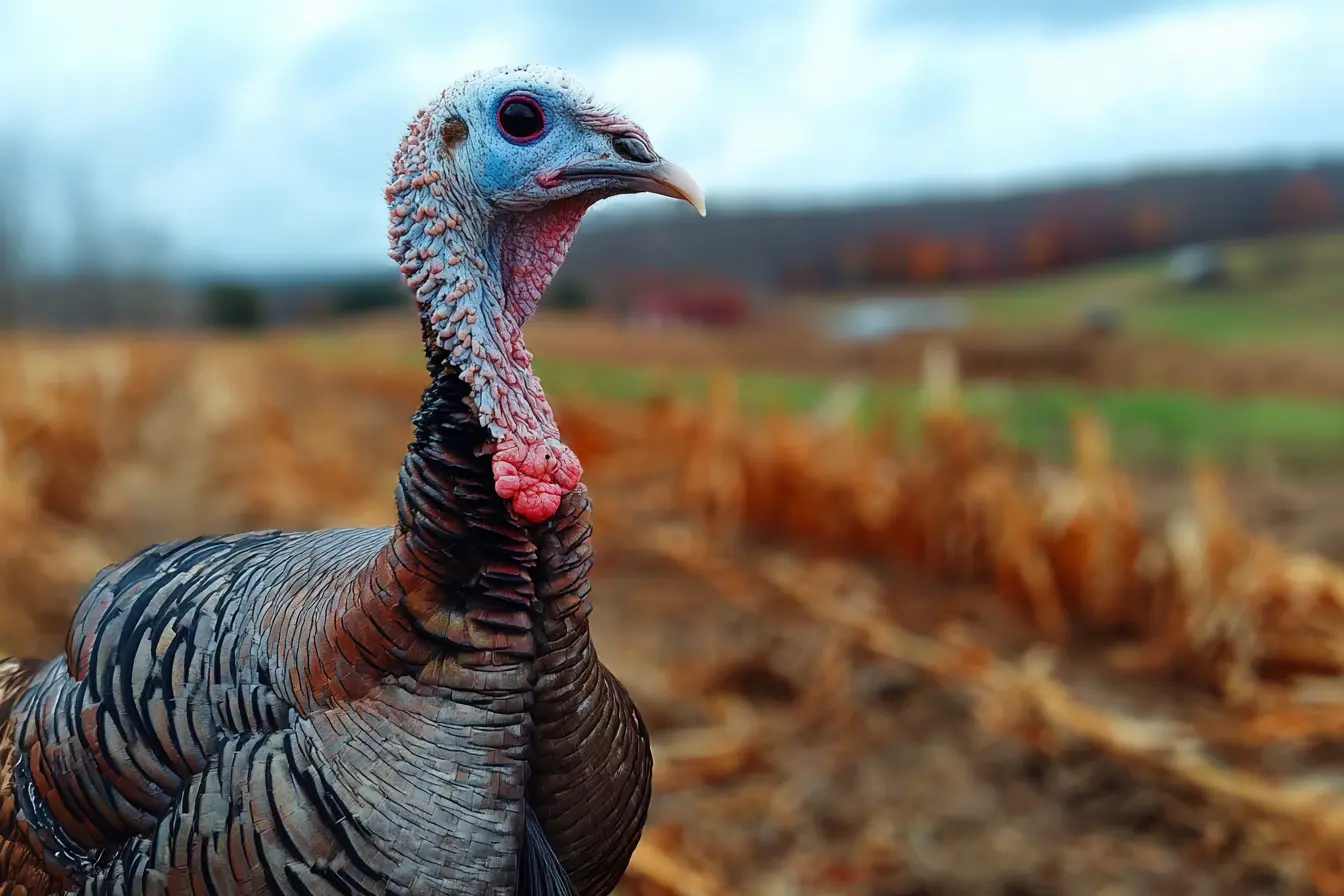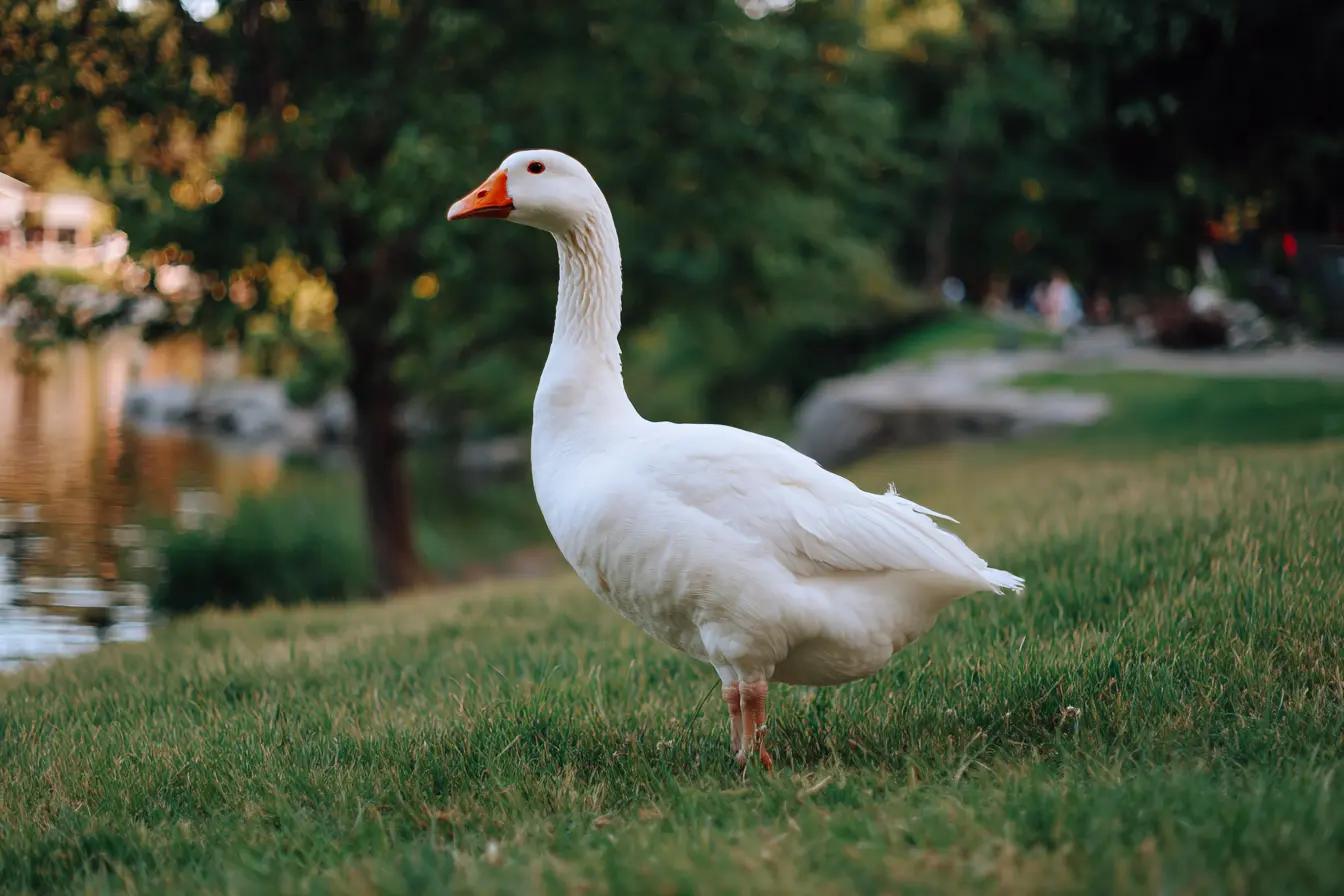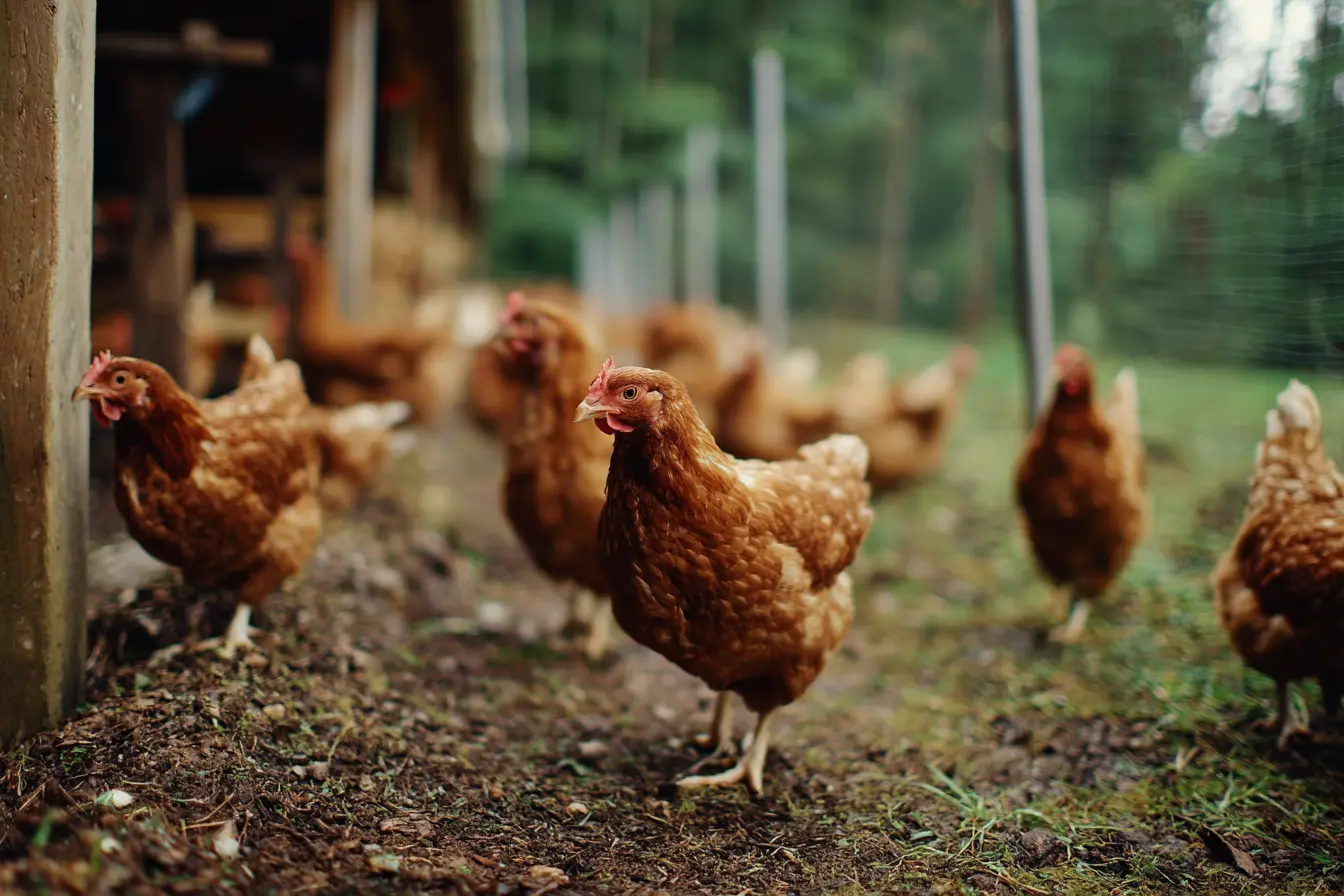
Why Are My Chickens Pecking One Another?
Chicken pecking is a natural behaviour within a flock, but when it escalates to aggression or injury—especially when one bird becomes the target—it becomes a cause for concern. Understanding the reasons behind pecking and how to respond can help you restore harmony and keep your birds safe.
The Pecking Order Explained
Chickens live in a strict social hierarchy known as the pecking order. This system determines which birds get priority access to food, water, nesting spots, and roosting perches. Some pecking is perfectly normal and helps maintain this order.
However, excessive or targeted pecking is a sign something is wrong—especially if one hen is being bullied relentlessly.
Boredom and Lack of Stimulation
Chickens are curious, active animals. When they lack space or things to do, they may start pecking out of sheer boredom.
Signs: Feather-pecking, tail pecking, and pacing.
Solutions:
- Provide enrichment like hanging cabbages, treat balls, or dust bathing areas.
- Increase space per bird, both in the run and coop.
- Offer foraging opportunities with scatter feeding or fresh greens.
Overcrowding
Too many birds in a confined space can increase stress and aggression.
Signs: Pecking around the head or neck, frequent squabbles.
Solutions:
- Ensure at least 1 square metre per bird in the run and 30–40 cm per bird on the perch.
- Add more feeders and drinkers to reduce competition.
Nutritional Deficiencies
Lack of key nutrients—especially protein or essential amino acids—can lead to feather pecking and even cannibalism.
Signs: Pecking at feathers or vent area, eating feathers.
Solutions:
- Provide a balanced layers' feed.
- Supplement with protein-rich treats like mealworms or boiled eggs in moderation.
- Avoid feeding too many treats or scraps that dilute their nutrition.
Introducing New Birds
Adding new chickens to an established flock often causes pecking as the pecking order is re-established.
Signs: Aggression towards newcomers, chasing, isolation.
Solutions:
- Introduce new birds gradually using a separate but visible run or pen (“see but don’t touch” method).
- Introduce during the night or after free-ranging to reduce immediate tension.
- Provide multiple feeding and watering stations to avoid resource guarding.
Injury or Illness
Chickens are drawn to red and can be alarmingly quick to peck at an injured or bleeding bird. They may also single out a sick hen.
Signs: Flock pecking one bird's vent or open wounds.
Solutions:
- Isolate the injured bird for treatment and safety.
- Use an anti-peck spray to discourage further pecking.
- Avoid bright lighting if there is blood present—it intensifies interest.
Mating Behaviour or Hormonal Aggression
Cockerels or dominant hens may peck to assert dominance or initiate mating behaviour.
Signs: Pecking accompanied by mounting or chasing.
Solutions:
- Monitor flock balance—too many cockerels can lead to aggression.
- Remove particularly aggressive individuals if necessary.
Stress from Environment or Changes
Loud noises, predator scares, sudden changes to the routine or coop layout can increase stress and trigger aggression.
Signs: Nervous behaviour, squawking, feather loss.
Solutions:
- Keep the environment calm and predictable.
- Avoid making sudden changes to housing or routines.
What To Do If Pecking Turns Serious
If a chicken is being pecked to the point of injury or isolation, act quickly:
- Remove the injured bird for treatment and recovery.
- Assess the flock’s conditions: space, nutrition, enrichment, and stressors.
- Identify the aggressor—sometimes one bird becomes the persistent bully.
- Consider pinless peepers (a temporary, humane device to limit forward vision) in extreme cases.
Preventative Tips
- Keep a close eye on flock dynamics during changes or seasonal shifts.
- Regularly check birds for signs of injury or stress.
- Maintain a healthy, enriched, and spacious environment.
- Offer natural foraging opportunities and dust baths.
Conclusion
While some pecking is normal, consistent targeting or injury is not. By understanding the causes, from overcrowding to nutritional deficiencies, you can take proactive steps to keep your flock content and safe. A well-managed flock is a peaceful one, and attentive care goes a long way in preventing bullying behaviours.
Vets near you
Speciality vets
- Aquatics vet specialists
- Birds vet specialists
- Camelids vet specialists
- Cats vet specialists
- Cattle vet specialists
- Deer vet specialists
- Dogs vet specialists
- Equines vet specialists
- Exotic vet specialists
- Goats vet specialists
- Pigs vet specialists
- Poultry vet specialists
- Sheep vet specialists
- Small Mammals vet specialists
- Wild vet specialists
Vet facilities
- Accessible by public transport
- Blood testing
- Car park nearby
- Client car park
- Dentistry
- Diagnostic imaging
- Disabled public access
- Flea and worm treatments
- Microchipping
- Mobile services
- Neutering
- Open at weekends
- Out-of-hours service
- Referral interests
- Referrals only
- Street parking outside
- Toilets available
- Vaccination clinic
